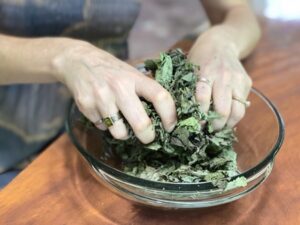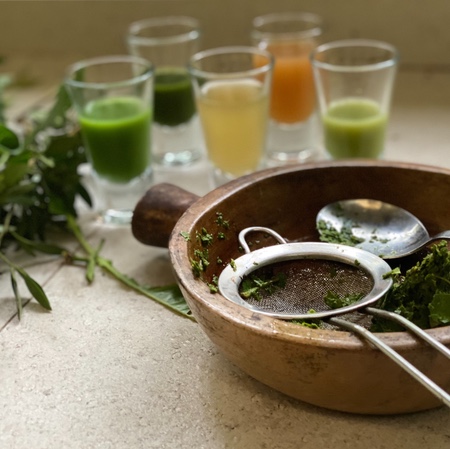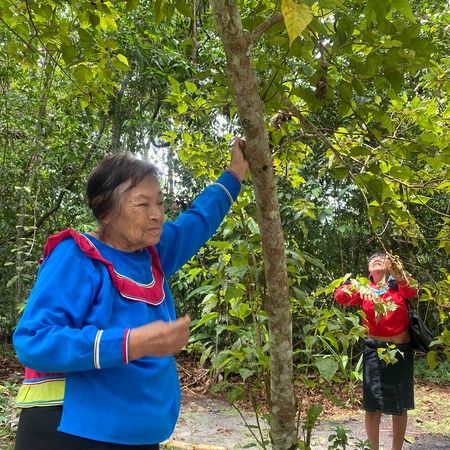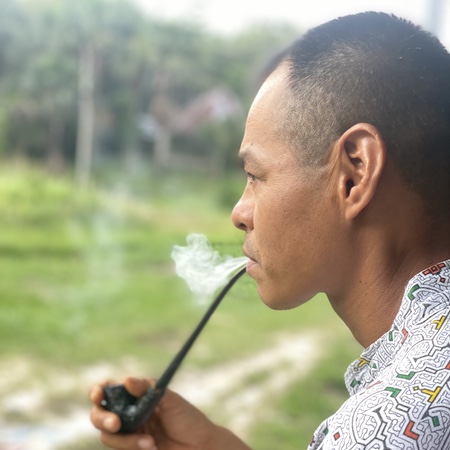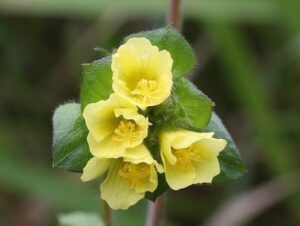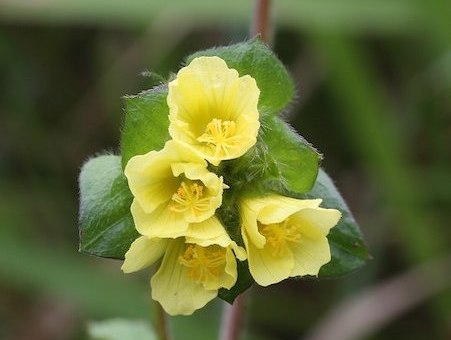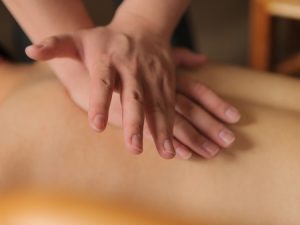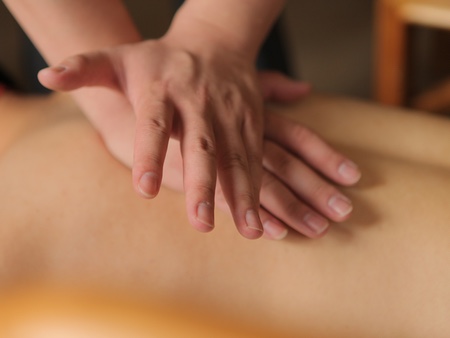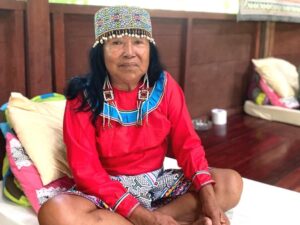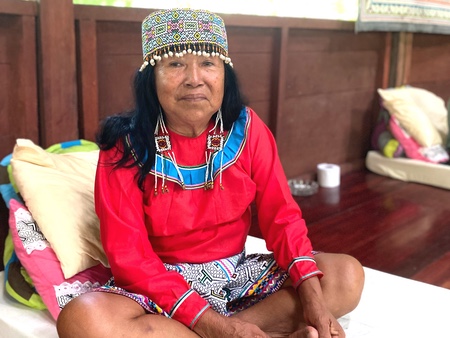The Herbalist (Raomi)
Physical healing with natural remedies
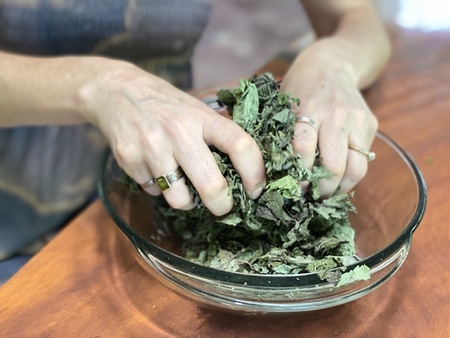
Crushing up dried Hojas de Algodon to make a nerve-calming herbal tea.
Raomi medicine is the most common healing modality in the Shipibo tradition. The Raomi practitioner is typically an elder woman. She knows how to safely identify, prepare and apply many plant medicines to treat physical ailments.
Rao in Shipibo means natural remedy or plant medicine. This includes herbal extracts, infusions, vapor baths, perfumes, poultices, creams and other treatments. When preparing her remedies, the Raomi healer is sensitive to the presence of the spiritual “mother” or owner spirit (Ibo) spirits of the plants.
Like the Doctrine of Signatures , the characteristics of the Rao plant medicines often align with the symptoms of sickness that they are prescribed to treat.
